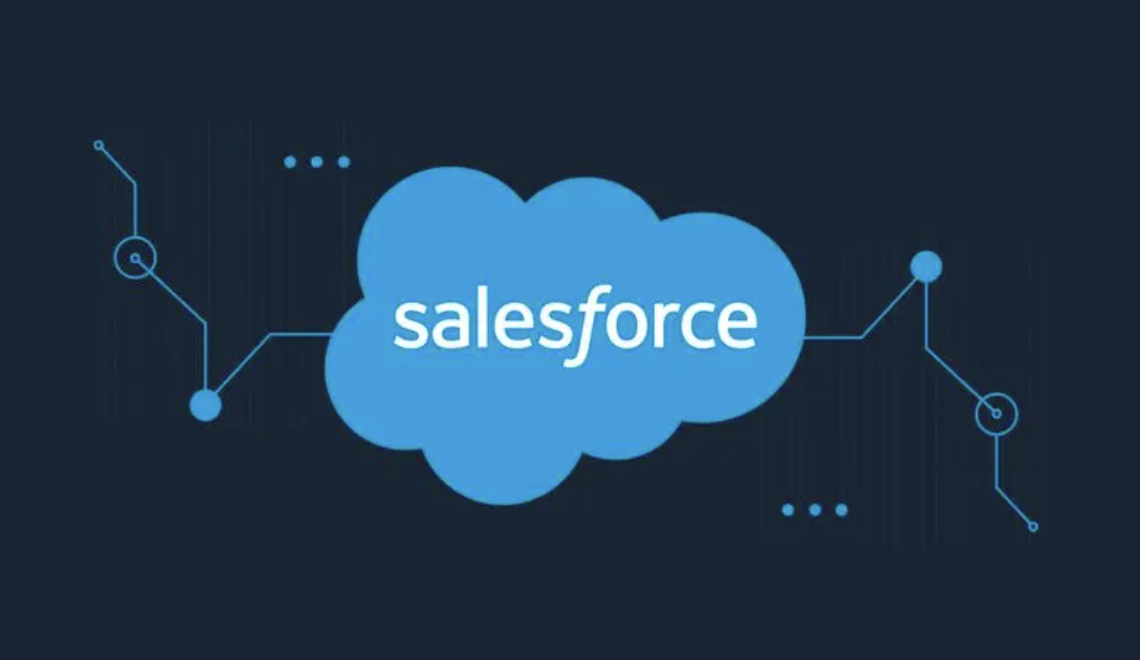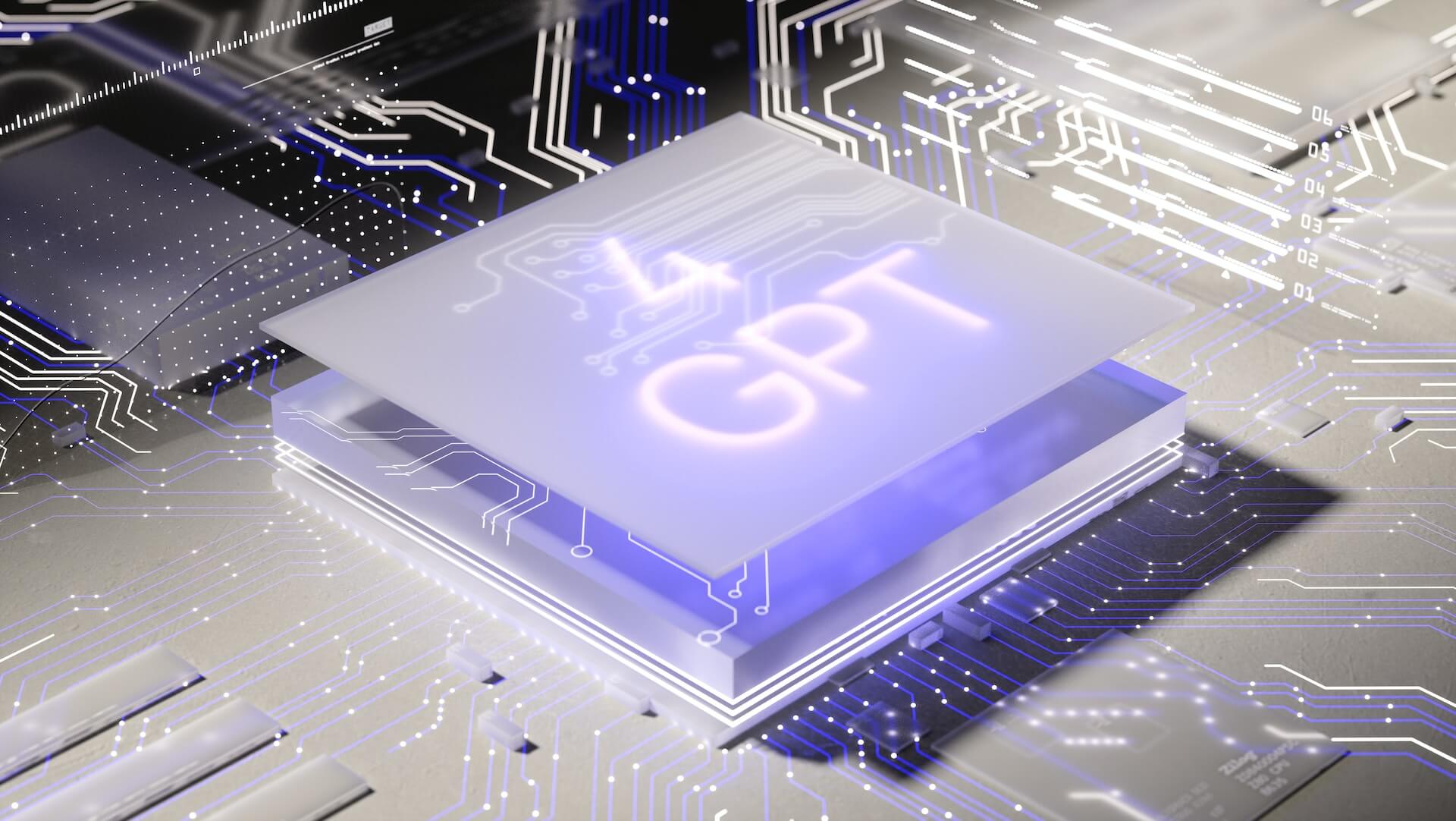
There are studies that have already predicted a highly AI-enabled future for us, and they are backed by statistics:
In 2018, the McKinsey Global Institute released a study on the future of work, predicting that 400 million people around the world will likely have their jobs replaced by a variety of AI systems, tools, and platforms by 2030.In March 2023, Goldman Sachs released a Global Economic Impact Report suggesting that "generative AI could replace a quarter of all current jobs. "
Earlier last month, the World Economic Forum released its Future of Jobs Report, which endorsed Goldman Sachs' predictions and went further by sharing specific data on the impact of AI on employment. Its estimates of the employment outlook are chilling: 83 million jobs will cease to exist, while only 69 million new jobs will be created - a whopping 14 million difference.
People are therefore justifiably afraid that their jobs will be replaced in the future, or that their existing jobs will not pay enough to keep their standard of living from falling. People fear that they will be ruthlessly eliminated, losing their careers, their jobs, and the means to support them in achieving their ideal lives.

Instead of worrying about how AI will take over our lives, it's better to hone in early on on the things that AI can't replace, such as actions, tasks, and skills that can't be digitized or automated because they all require humans to constantly make important and critical decisions.
As a result, I believe there are three categories of human-driven decision-making capabilities that every sector and industry needs today and will continue to need for the foreseeable future.
1. Contextual Awareness
When it comes to context, it is not some kind of monolithic being. There are more than one of the following types of context to be considered in human society (and possibly more): cultural, economic, emotional, historical, local, political, situational, and social. And there is usually a thread that runs through all these different contexts.
An economic perspective often cannot be independent of a social and/or political perspective. No one in real life can abstract these contexts as independent and identically distributed elements - no matter how many reputable AI researchers try to construct some representative mathematical equation through well-designed experiments and published results.

2. Conflict resolution
AI is not capable of resolving disputes. In fact, it comes across as rather unappealing.In 2016, Tay, an AI chatbot, was shut down in less than 1 day after tweeting racist, misogynistic, and other views. Then look at what happened as recently as March 2023, when an AI chatbot in Snapchat with access to ChatGPT gave inappropriate advice to an adult that they were a minor.
The AI is programmed to have to respond. But the quality, appropriateness and effectiveness of the responses it gives remain questionable. The handling of problems with complex contexts is an obvious area of weakness for AI systems, tools and platforms. Artificial intelligence may provide humans with a basis for choice, but it cannot really help us make informed decisions.
3. Critical Thinking
The human ability to assess and evaluate our environment is one of the characteristics that sets us apart. And critical thinking skills are a combination of problem-solving skills, curiosity, creativity, reasoning and strategic skills. None of these critical thinking elements are currently well within the reach of AI for humans.

For example, computer programming, also known as coding, can indeed solve some math problems. However, once any element of the mathematical equation represents a human being, the solution to the problem through coding will not be the optimal solution because at least one demographically significant group will be excluded and oppressed as a result.
The development of AI has clearly hit a firm ceiling, as reasoning and judgment is carried out by balancing life experience, specialized knowledge, and skills. Artificial Intelligence itself has no life experience, and its expertise is determined by a certain training/testing dataset and programmable skills that are limited in scope. The shortfall still needs to be made up by people through critical thinking skills.
If you want a career or have skills that require a combination of all three of these abilities, then you are irreplaceable by AI. The most likely scenario is that your job duties will shift rather than disappear, which would require you to be able to analyze the impact of multiple contexts, be able to regulate tensions, and think critically.






